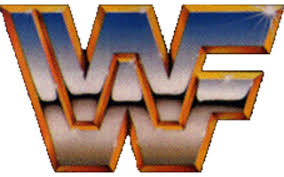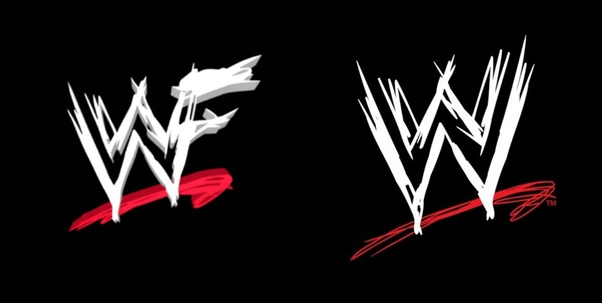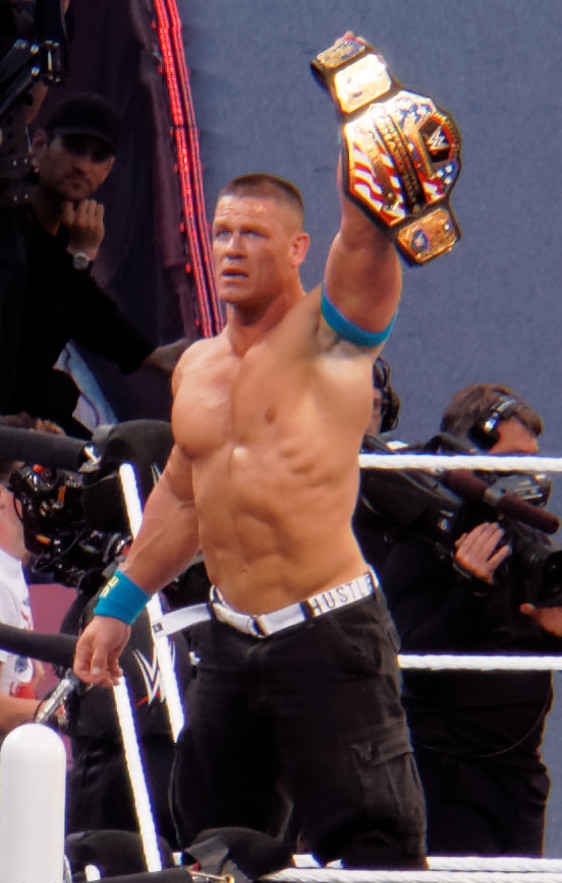Since the turn of the millennium, there has been a drastic change in the world of professional wrestling. Throughout the first years of the millennium, wrestling saw a major shakeup. A shakeup that created a revolution in professional wrestling.
WWF/E (World Wrestling Federation/Entertainment)

At the beginning of the millennium, there was not a bigger company in professional wrestling than the WWF. The WWF had dominated the ratings against WCW (World Championship Wrestling) since the late 1990’s and did not look to slow down.
September 4, 1995, to March 26, 2001. After some rises and dips over the years, Feb. 22, 1999 marks the date when the WWF gained the upper hand and reigned supreme throughout the rest of the “Monday Night Wars.”
Talent continuously made their way from WCW to the WWF. Talents like: Eddie Guerrero, Chris Jericho, Chris Benoit and Dean Malenko. The more the WWF grew, the more it began to see the war ending.
The WWF was the must-see attraction every Monday night. Which led to the creation of SmackDown on Thursday nights in 1999. Everything was going in the right direction in regards for the WWF.
However, the new year in the WWF did not start with the focal point of the WWF, “Stone Cold” Steve Austin. Stone Cold desperately needed neck surgery and had to take some time off from wrestling.

Paul Levesque), to name a few.
With the changing of the guard, it was time for the future to step up and show they belong at the top. Faces that wrestling fans knew would make it to the top finally saw it become a reality. Change was on the horizon.
Change came in a major way. Entering 2001, the Attitude Era was slowly coming to an end. The WWF finally controlled the world of sports entertainment and no one was going to stop that. However, change came again to the WWF that transformed the face of the company.
In 2002, the WWF changed their name to the WWE (World Wrestling Entertainment). A new era was finally upon the world of wrestling.

Prior to 2002, “World Wrestling Entertainment” (WWE) had previously been named the “World Wrestling Federation” (WWF), but a lawsuit from the World Wildlife Fund (who had originally trademark the initials “WWF”) forced the company to change their logo, leading to the “WWE” logo.
Change continued throughout the next few years with even more new faces. Faces that came not from WCW but from the WWE’s then developmental territory, Ohio Valley Wrestling. The future of the business had come and shined brightly throughout the WWE. Wrestlers like: Batista, Randy Orton and John Cena. These three men would lead the WWE into a new era for years to come.

These three men—with multiple other future stars—took the WWE into a period called the “Ruthless Aggression Era.” Over the next few years there began a focus on the future of the WWE
The stars of the “Attitude Era” began to step away from wrestling and the WWE, which led for the new stars to drive the WWE for years to come. However, none of this was possible if a historic purchase hadn’t took place.
WCW(World Championship Wrestling)

A once powerhouse of wrestling had to step away at its worst time. At the beginning of the new millenium, WCW was heading down a dark road with no light at the end.
Many wonder the factors that led to the demise of WCW. Whether it was the indecisive booking between the wrestlers and the head bookers. The lack of development of the future stars. The immediate pushing of stars with no development in storytelling, leaving fans frustrated and confused. The buyout by Time Warner. All of these factors and many others led to the end of the once prestigious WCW.
2000 was the last calendar year of WCW. For the last calendar year of WCW, it was not a triumphant end. In 2000, Vince Russo became the head booker of WCW. Coming from the WWF as a writer, many seemed it to be the right move for the company; however, that did not seem to be the case as Eric Bischoff came back to WCW. The two shared the power to try to lead WCW back in the right direction.
The two attempted but ultimately failed as both disagreed on multiple occasions on booking decisions. The two also conflicted with stars who had creative control in booking decisions.
The WCW World Heavyweight Championship became a conflict of discussion from week to week. In 2000, the WCW Championship changed hands a combined 25 times (including vacancies). A World Championship is the most prestigious title in any company. Usually, the World Championship around 1-2 times within a calendar year; but, when the World Championship changes almost on a weekly basis, it creates nothing but chaos and deteriorates its prestige. A Championship that was once held by legends like Ric Flair, Harley Race, Dusty Rhodes, Sting and many others, was now just a prop.
The WCW Championship was now held by people like actor David Arquette and Vince Russo. There was upside as Scott Steiner, Jeff Jarrett, and Booker T both became WCW Champion for the first times respectively. However, each of their reigns were short and forgettable. When the World Championship is overshadowed by chaos behind the scenes, there was no positive end in sight.

Which led to the date March 26, 2001. After speculations of the future of WCW, the image of WWF/E owner Vince McMahon appeared on WCW Monday Nitro. It had been made clear that Vince McMahon had purchased WCW. The competitor that challenged WCW for year during the Monday Night War had bought his competition. Bring not only the end of the war but an end to an era.
The WWF/E had now become the leader in the world of professional wrestling with no competitor in sight. Which left stars with decisions to make.
Time Warner bought out nearly every contract from WCW competitors. But, once the contracts ended, they made their way to the WWF. Stars like: Hulk Hogan, Scott Steiner, Goldberg, Diamond Dallas Page, Rey Mysterio and many more made their way eventually to the WWE.
WCW will always be remembered for being the competitor that pushed the WWF/E to the edge. WCW influenced the “Attitude Era” to be born. WCW also will always have the lineage for legends of the wrestling business. Also, being the beacon to showing new stars of the future.
With the doors of WCW closing, it helped create new companies in the United States to try to be a different form of professional wrestling.
David Jacobus
Contributing Writer
